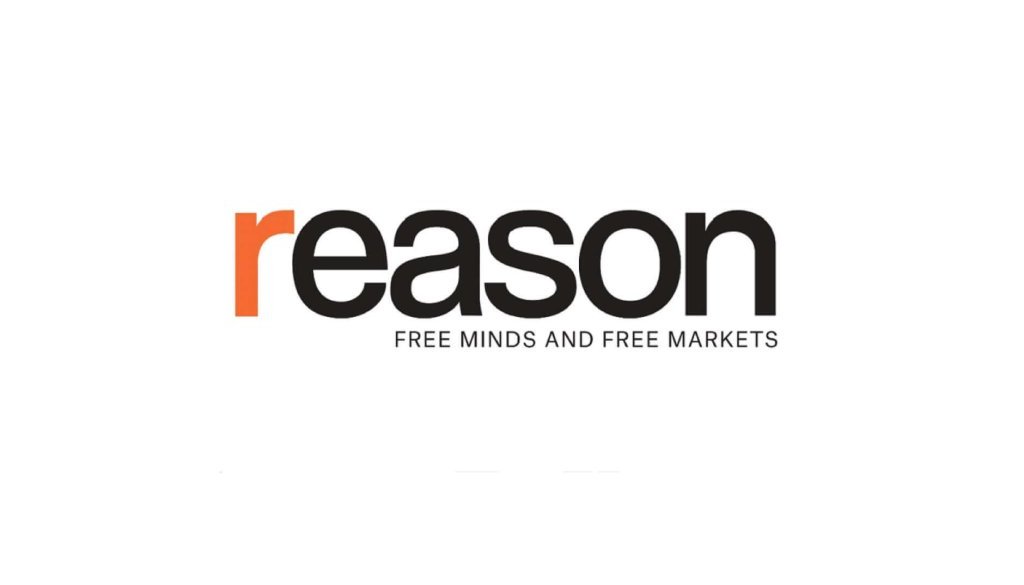Trump Has Good Reason To Complain About Limits on His Ability To Fire Executive Officers
Donald Trump likes to fire people, and he resents congressional constraints on that presidential prerogative. While Trump’s opponents may view that attitude as one more manifestation of his autocratic instincts, his complaint is grounded in legitimate concerns about the separation of powers that presidents of both major parties have raised for many years.
A century ago, the Supreme Court held that Congress overstepped its constitutional authority when it decreed that presidents could remove “postmasters of the first, second, and third classes” only “with the advice and consent of the Senate.” Based on extensive historical analysis, the majority concluded that Article II of the Constitution “grants to the President” the “general administrative control of those executing the laws, including the power of appointment and removal of executive officers.”
In that case, it was a Democratic president, Woodrow Wilson, who was asserting that power by dismissing a postmaster in Portland, Oregon. Nine years later, the Court addressed a similar controversy involving another Democrat, Franklin Roosevelt, who had fired a member of the Federal Trade Commission (FTC) appointed by his Republican predecessor.
The commissioner’s restrained view of the FTC’s mission was inconsistent with Roosevelt’s policy agenda, which was the reason the president gave for dismissing him. This time, the Supreme Court sided with Congress, which had said an FTC commissioner “may be removed by the President for inefficiency, neglect of duty, or malfe
Article from Reason.com

The Reason Magazine website is a go-to destination for libertarians seeking cogent analysis, investigative reporting, and thought-provoking commentary. Championing the principles of individual freedom, limited government, and free markets, the site offers a diverse range of articles, videos, and podcasts that challenge conventional wisdom and advocate for libertarian solutions. Whether you’re interested in politics, culture, or technology, Reason provides a unique lens that prioritizes liberty and rational discourse. It’s an essential resource for those who value critical thinking and nuanced debate in the pursuit of a freer society.



